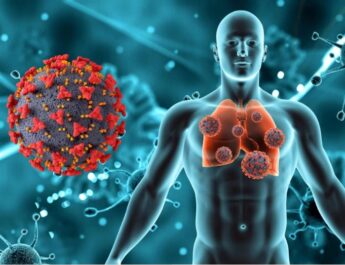Kerala is currently experiencing a significant increase in hepatitis A cases in Avoly and the surrounding panchayats in Muvattupuzha, located approximately 47 km from the city. Health authorities have confirmed around 50 cases to date. The initial case was reported on May 30. Given that the incubation period for hepatitis A ranges from two to six weeks, health officials anticipate that more cases will emerge in the upcoming days.
Most of the infected individuals had attended a wedding at the Nadukkara ward in Avoly panchayat on May 3. Authorities suspect that the outbreak may have been triggered by contaminated food and water served during the event. Approximately 150 attendees from Avoly, Manjalloor, and Arakuzha panchayats in Muvattupuzha, as well as from Idukki and Alappuzha districts, were present at the function.
Hepatitis A: Causes, Symptoms, and More
Hepatitis A is a highly contagious liver infection that typically spreads through contaminated food or water, or through close contact with an infected person or object. The hepatitis viruses lead to liver inflammation, impacting the liver’s ability to function.
What are the symptoms of hepatitis A?
Hepatitis A symptoms can include:
- Fever
- Loss of appetite
- Diarrhea
- Tiredness and weakness
- Abdominal discomfort
- Dark-coloured urine
- Jaundice
- Joint pain
- Itchy skin
- Not everyone infected will exhibit all symptoms. Typically, symptoms are mild and resolve within a few weeks. However, in certain instances, symptoms may persist for several months and can even result in severe illness.
How to prevent
Vaccination against hepatitis A is among the most effective preventive measures. The vaccine is usually administered in two doses, with the first dose followed by a booster shot. Additional preventive strategies include:
- Avoiding raw and undercooked meat and fish.
- Thoroughly washing fruits and vegetables and steering clear of pre-cut options.
- Maintaining good hygiene, particularly after using the restroom or changing diapers, and before food preparation or consumption.
- Ensuring a sufficient supply of safe drinking water.
- Practicing safer sex.
- According to the World Health Organization, the majority of individuals fully recover from hepatitis A and gain lifelong immunity. Nevertheless, a very small percentage of those infected with hepatitis A may succumb to fulminant hepatitis.
Disclaimer: This content including advice provides generic information only. It is in no way a substitute for a qualified medical opinion. Always consult a specialist or your own doctor for more information. Opinion class does not claim responsibility for this information.



